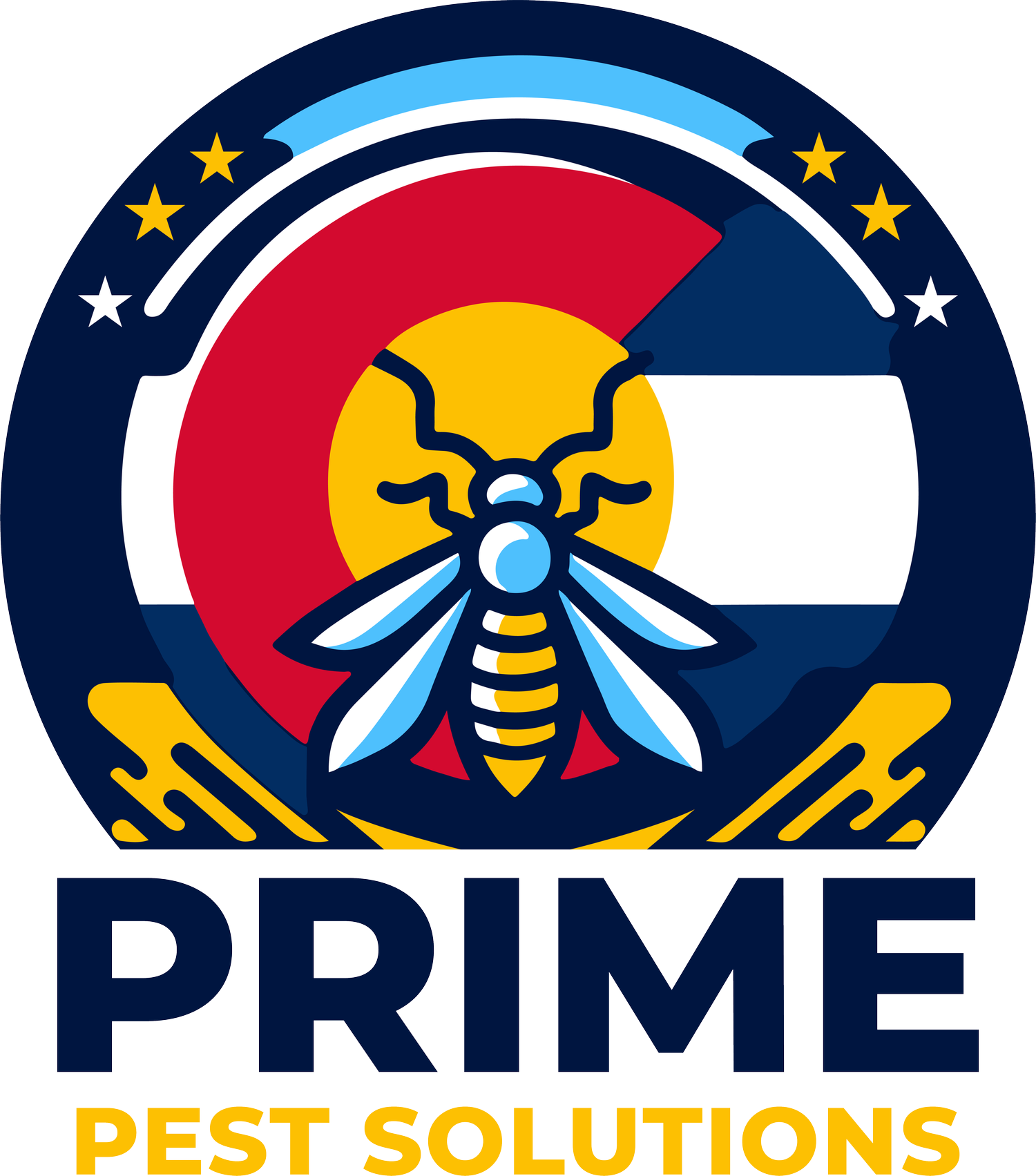Mosquitoes and West Nile Virus in Northern Colorado
June 25, 2024What types of Mosquitoes do we have in Northern Colorado?
There are two groups of mosquitoes to be aware of in Northern Colorado. They are the genus Aedes and the genus Culex.
These mosquitoes have different behaviors despite looking alike.
Aedes mosquitoes are also known as floodwater mosquitoes, these mosquitoes are often found near standing water, such as ponds, marshes, and depressions caused by rain or snow melt. They are known to be aggressive attackers. They are the mosquitoes that are likely to bite during the day.
Culex mosquitoes, on the other hand, typically only come out in during dawn and dusk hours; they like to avoid the hot sun and temperatures.
Mosquitoes can transmit human pathogens, including the West Nile virus (WNV), which can cause West Nile fever and encephalitis. Coloradans get a disproportionately high number of WNV infections compared to people in other larger, more populated states.
What is the Typical season for Mosquitoes and West Nile Virus in Northern Colorado?
Mosquito season in Northern Colorado typically runs from early April to October, and there are over 45 species of mosquitoes in the state. Mosquitoes can be categorized into two genera: Aedes and Culex:
If we have a mild, wet fall, mosquitos may continue to circulate later in the fall, and thus, they could continue to infect people.
How do you get rid of mosquitoes?
Total mosquito elimination is impossible. Prime Pest Solutions offers seasonal mosquito service that is designed to significantly reduce the mosquito population. Our pest control treatments and methods reduce the number of mosquitoes taking over your property by treating potential breeding sites.
We also offer one-time mosquito treatments for special outdoor events, weddings and birthday parties. Call Us Today to get Started. 720-442-1887
What can I do to help reduce the Mosquito population around my home?
To reduce mosquito populations and protect yourself from bites, you can:
Empty areas where water may gather, such as ponds, bird baths, fountains, plant pots, and buckets
Clean out gutters to avoid standing water
Drill holes in structures that accumulate water, such as trash cans, recycling bins, and hanging baskets.
Keep swimming pools clean, properly circulated, and filtered
Repair leaky outdoor faucets
Cut grass and shrubs short and rake or bag cuttings and discard
Haul away trash piles from around homes
Wear long-sleeved shirts and pants when spending time outdoors
Consider an EPA-registered repellent to deter mosquito bites
